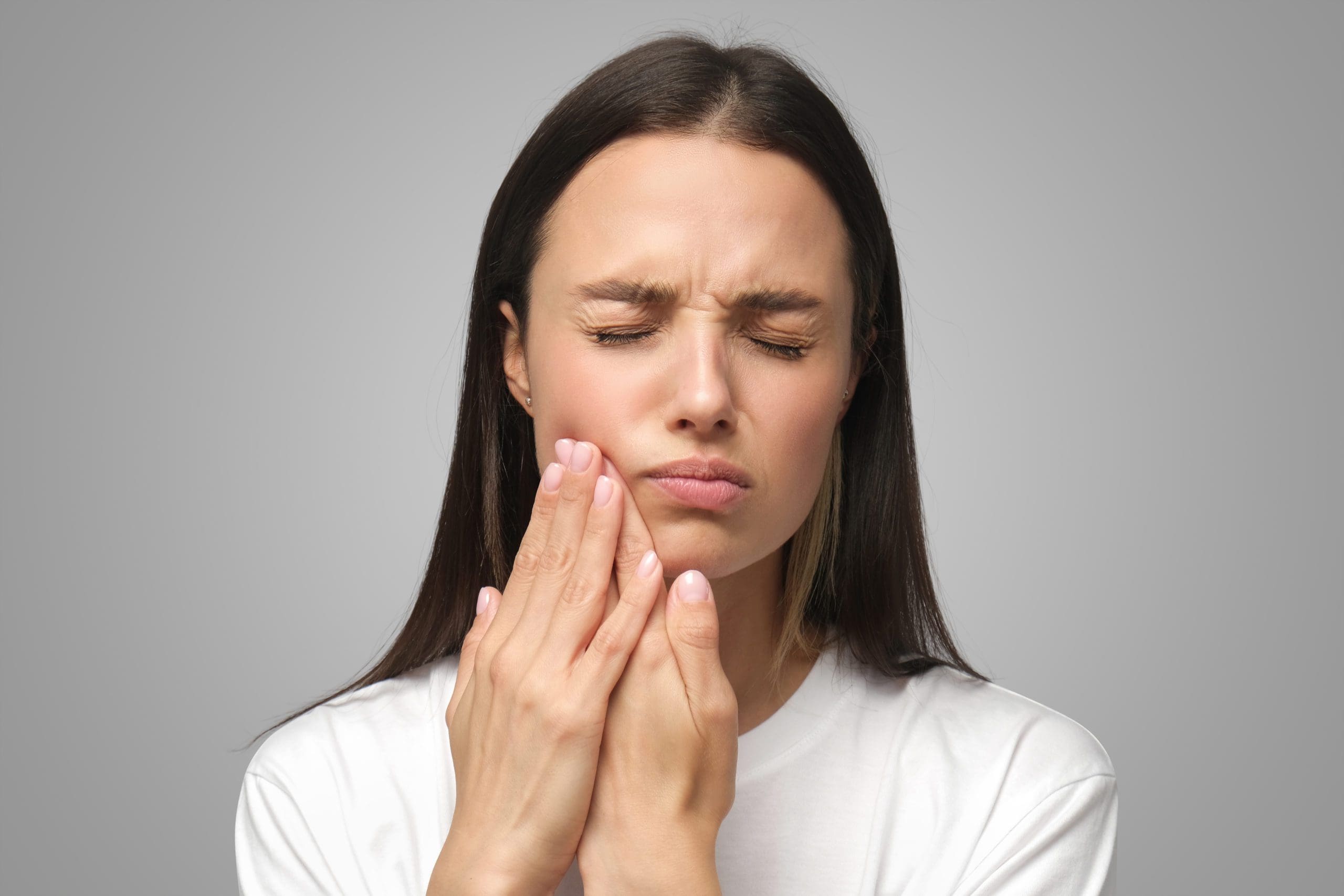Temporomandibular joint disorder (TMJ) is a common condition that affects the jaw joint, which connects the jawbone to the skull. It is characterized by pain, stiffness, and clicking or popping sensations when opening or closing the mouth. The condition can be very painful and can interfere with the ability to perform everyday activities. While there are several conventional treatments available, many people are now exploring alternative treatments for TMJ disorder.

Image Source: Google
Acupuncture
Acupuncture is an ancient form of Chinese medicine that has been used for thousands of years to treat a variety of conditions. Acupuncture involves the insertion of very thin needles into specific points on the body to stimulate energy flow. It has been found to be effective in reducing TMJ pain and inflammation.
Massage Therapy
Massage therapy is a type of manual therapy that uses physical pressure to help relax muscles and reduce pain. It can help to reduce muscle tension, which can then reduce the pain associated with TMJ disorder.
Craniosacral Therapy
Craniosacral therapy is a type of bodywork that focuses on the bones of the head, neck, and spine. It works to reduce stress and tension in the body, which can help to reduce the pain associated with TMJ disorder.
Herbal Remedies
Herbal remedies are a type of alternative medicine that uses plants and herbs to treat various conditions. Herbal remedies are often used to reduce inflammation and pain associated with TMJ disorder.
Conclusion
TMJ disorder is a painful condition that can interfere with everyday activities. While conventional treatments are available, many people are now exploring alternative treatments for TMJ disorder. These treatments include acupuncture, massage therapy, craniosacral therapy, and herbal remedies.
